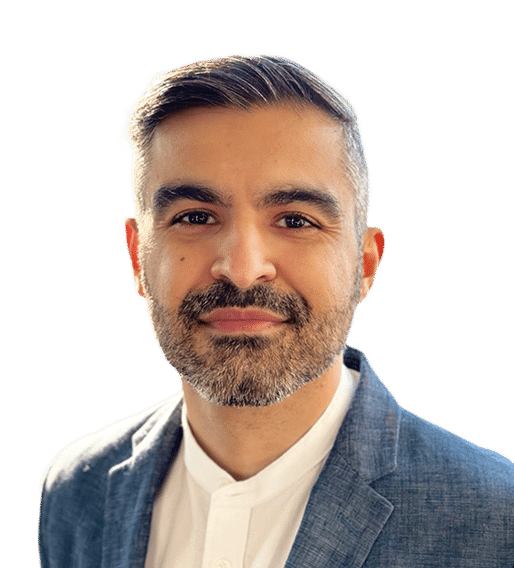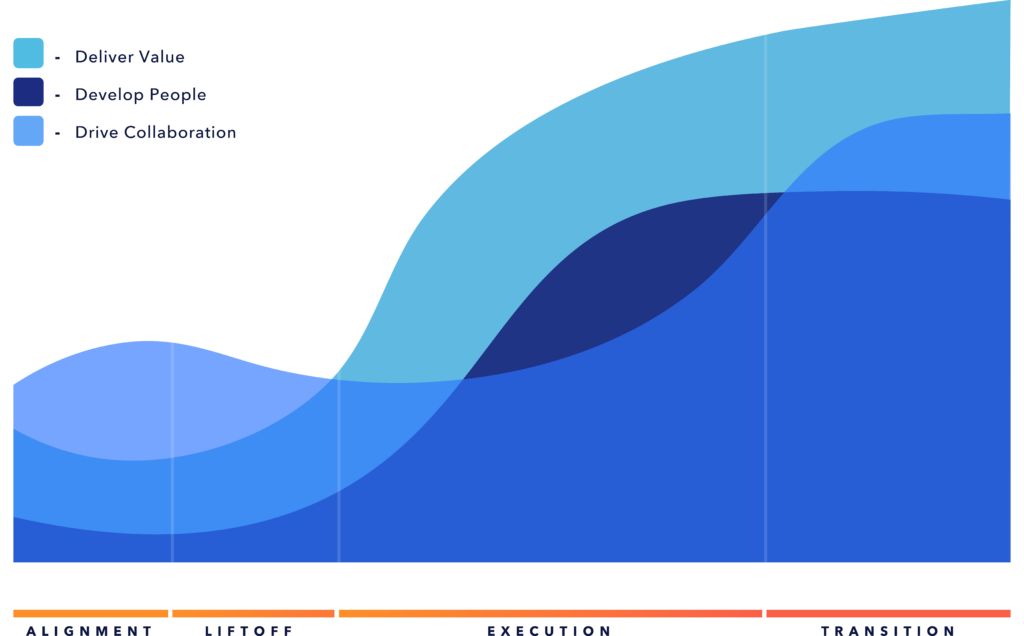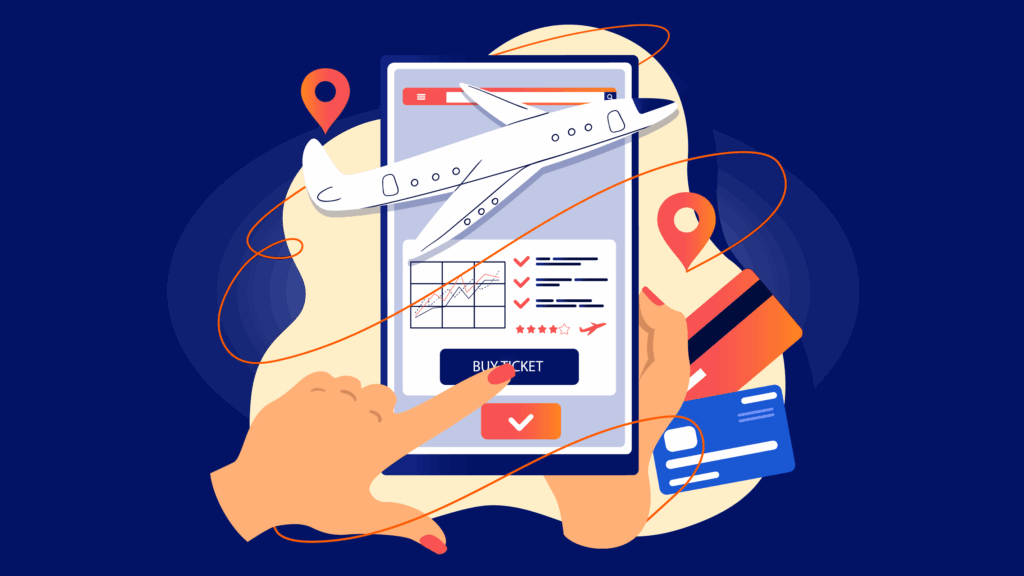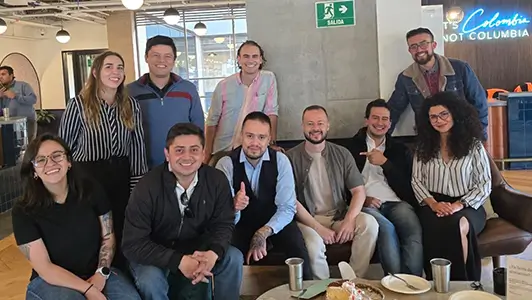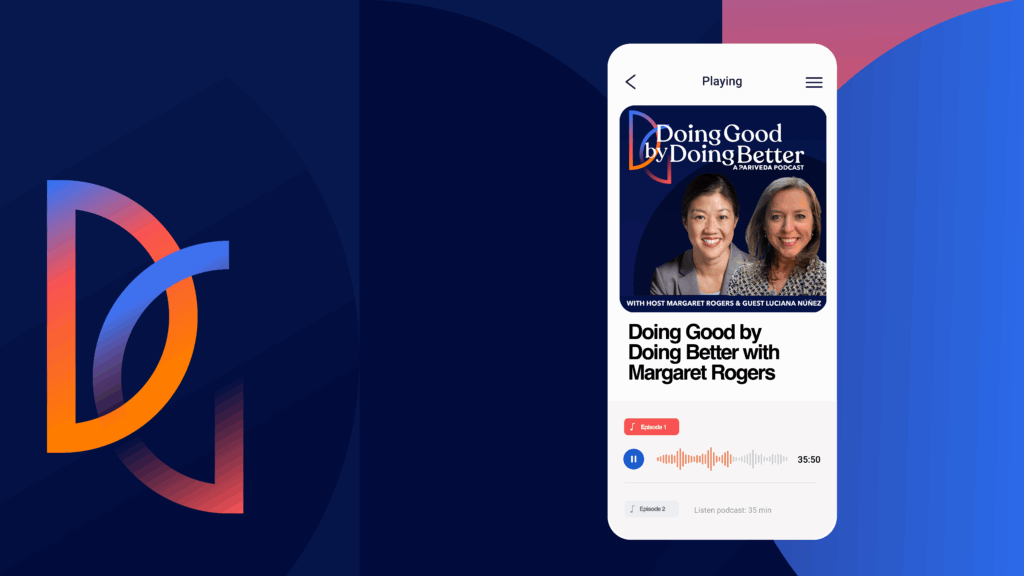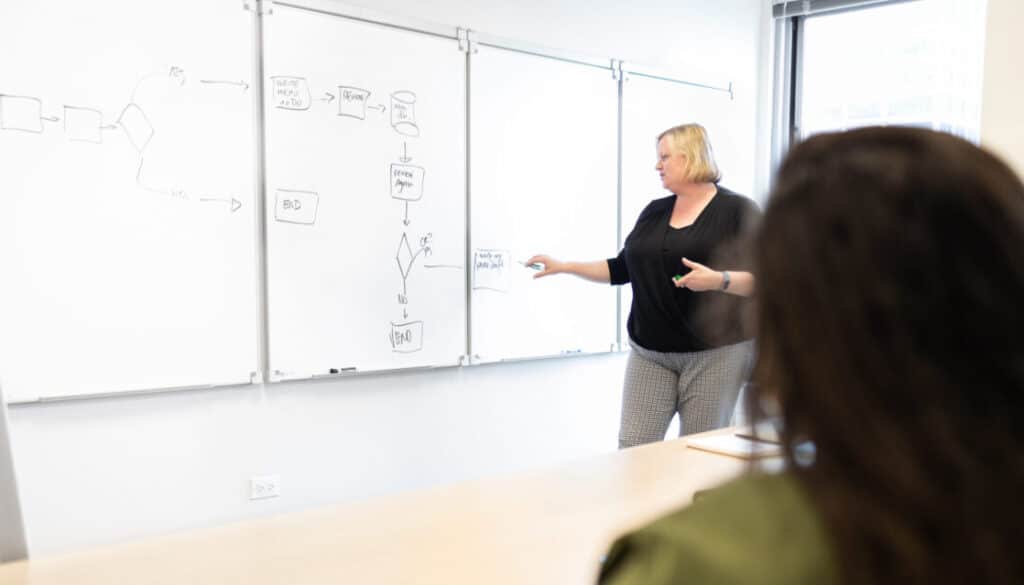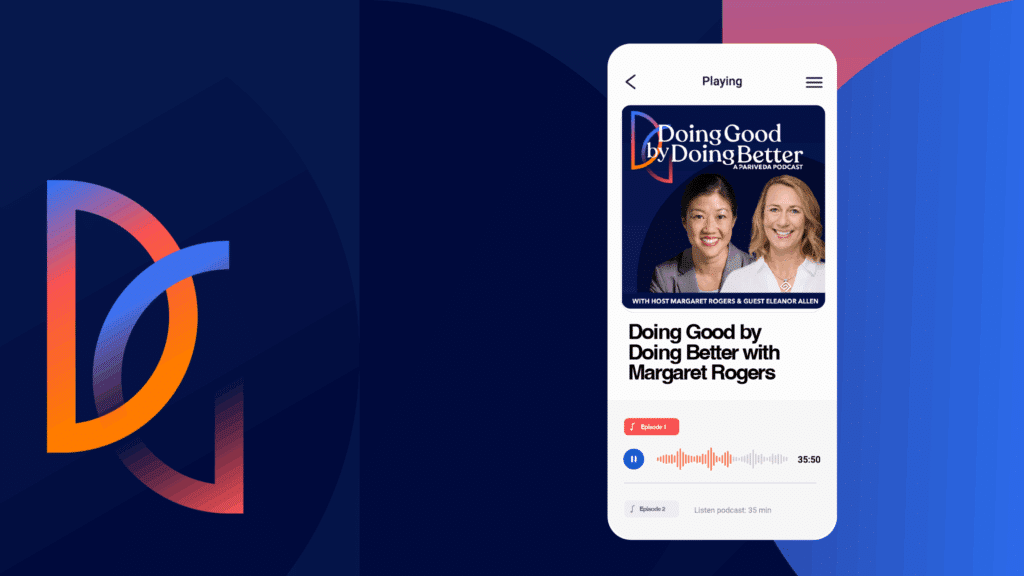Introducing our cases
During our interview process, every entry-level and experienced hire candidate will complete at least one case interview. All our cases have the same primary purpose: to allow you to demonstrate how you operate in a real-world environment. Our case interviews are geared toward the level you’re interviewing and the defined expectations for that level. They come in 3 general varieties:
Analytical Case
During an analytical case, you will be faced with a challenge that will allow you to demonstrate your ability to problem solve and think critically about how you solve a problem. The problem may be outside your domain of expertise.
Level Case
A level case is a project planning scenario that you might encounter on the job. The complexity and nature of the scenario varies based on the level for which you are interviewing.
People Case
A people case asks you to manage a situation by looking at the people components, such as how you work with your team, interact with and manage a client, and how you view yourself within those people systems.
Before your case day, your recruiter will prepare you for all logistical components and explain the day in detail.
For entry-level campus candidates, the case interview is a group analytical case. A group case brings additional considerations, so be sure to check out the perspective article about group cases to learn more.
Solving the case
At the start of the case interview, you will be presented with a written business situation, context, and a set of objectives. First and foremost, the key to successful case interviewing is ensuring you understand what problem you are solving. You’re going to be (and probably feel) time-constrained, so it is best to structure your approach to the case like so:
- Identify what is being asked of you.
- Review the provided information. Consider what is most important and what, if anything, is less or not relevant.
- Prioritize what you want to solve. Ensure you are solving the main points first and the additional parts next.
- Once you understand the problem, determine the necessary information for the solution.
After solidifying your approach, think about and document your solution. We refer to this as the “prep” period. The length of time for that prep period varies by case and ranges from 15 minutes to 2 and a half hours.
With most cases, there will be a fixed time window during your prep period where you can ask questions about anything related to the case. You may feel some key information is missing and want additional context, or something in the case is confusing. Your questions will either be answered, or you will be told to “make an assumption.” Be sure to document your assumptions!
Presenting the solution
After the prep period, you will orally present your solution to a panel of 2-4 people. This is your chance to relay how you understood the problem, your approach to solving it, and the details of your solution. Below are some tips for presenting your solution:
- Focus on demonstrating a clear thought process. It’s not about visual perfection.
- Remember, you are not defending your solution in the presentation. You are explaining your thought process and are open to alternative ways of approaching the problem and solutions that the interviewers will try to get you to consider.
- Be prepared for questions from the interviewer.
- Questions allow the interviewer to clarify your thought process.
- Questions allow the interviewer to gauge your ability to be coached.
- If applicable, communicate the next steps you would suggest beyond the solution.
Following your presentation, you can expect the panelists to ask questions to help them understand your solution. Listen carefully to the questions being asked.
Some questions might be strictly clarifying – What do you mean when you say X thing? Some might be probing – You considered the impact of A and B… was there anything else you considered? A question like “Was there anything else you considered” provides the opportunity to show your thinking. Maybe you did think about C but decided not to include it. Great! Explain that and why you made that choice.
Maybe you didn’t think about C. Take a pause and think about it. Don’t worry about that silence. You might even say, “I’d like to take a minute to think about that.” Does it make sense to include C? Does it bring new considerations or risks? Then answer. If you realize you missed C and should have included it but didn’t, no problem. Explain that and explain how you’re now thinking about it. For example, “Now that I’m thinking about it again, I need to consider that. With that in mind, what I would change is…”
On the other hand, maybe you didn’t think of C initially, but now you have, and you still don’t think it’s important or a good idea to include it. Great! Explain that. A major goal of this component of our process is to see how you think, how you communicate, and how you engage with ideas. These are obviously oversimplified examples, but I hope this clarifies what to expect.
Final tips
- Nobody is there to stress you out intentionally. We recognize that an interview can be stressful enough without artificially turning up the heat.
- You and the Pariveda team have spent a lot of time and energy getting to this point. We want you to succeed!
- The kinds of cases we do are business-focused and not brain teasers, so there isn’t one correct answer. Whatever your solution, show your thinking.
Thank you for considering Pariveda! Good luck!
